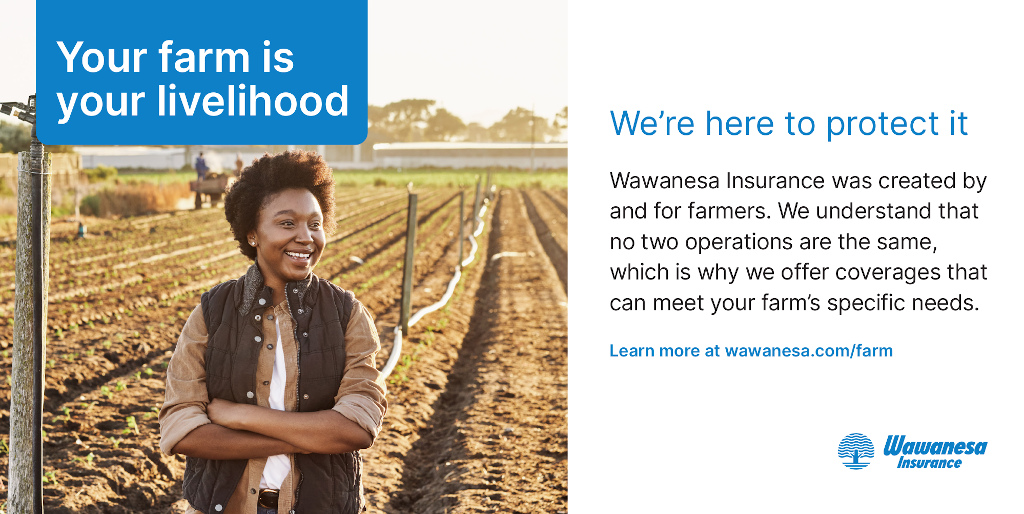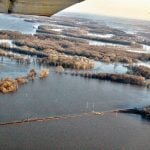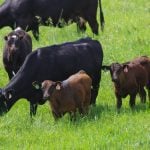Whether it’s a small farm or a large commercial operation, farming comes with a host of unique exposures and liabilities. Preventive measures can reduce many of these risks and help avoid property or equipment damage, lost revenue and costly downtime.
Here are nine common issues and how to prepare for them:
- Practice fire safety in farm buildings
One of the biggest risks on farms and ranches is the potential for fire. Barns, outbuildings, sheds and garages are in particular danger, especially if they are full of flammable straw, hay or wood. For example, hay with an improper moisture content can spontaneously combust, and should be inspected regularly to prevent fires.
Space heaters and heat lamps are a top cause of fire in outbuildings. Make sure the proper equipment is being installed by a certified contractor. - Store fuel and machinery safely
Hot machinery parked indoors can also be a source of fires. Have a designated parking or staging area set up on your farm that is far from buildings and flammable material.
Fuel tanks on the property should be set apart from buildings—a minimum clearance of 40 feet is recommended. Keep these areas clear of debris to minimize risk of fire or explosion. - Inspect and maintain your electrical systems
Damaged wiring, overloaded circuits and deteriorating connections can quickly become a source of ignition, sparking a fire.
Regularly inspect wires, motors, vehicles and equipment, and heating and cooling systems for frayed wires or worn connectors. Tripping breakers and blown fuses could indicate an electrical problem. - Maintain and clean your combine
Fire is the leading cause of loss for combines. Regular inspections and maintenance checks should include cleaning any grease or oil residue as well as crop build-up—a pressure washer is highly effective. Any damage to fittings or metal lines, leaking fuel lines, heated bearings or compromised exhaust system should be repaired immediately. - Prepare for natural disasters
In areas prone to hail, heavy winds, heavy snow or other extreme weather, check your buildings and structures regularly, particularly the roofs. Look for deficiencies and weaknesses. A deteriorated roof could collapse with a heavy snow load, damaging equipment inside or injuring people and animals. - Guard your fuel tanks
Most farms have fuel tanks on the property but leaking tanks can also pose an environmental hazard. It’s critical that they have been properly installed at a safe distance from any buildings. Consider impact protection to guard against accidental contact from vehicles and equipment. - Drive farm equipment safely
Third-party liability isn’t limited to roaming cattle. While it can be stressful to drive oversized farm equipment down public roads, farmers do have the right of way. Don’t pull over and let impatient drivers pass because that’s often when accidents happen—and the farmer could be found liable. Keep vehicles maintained, with proper lighting and signage. - Avoid spray drift
Another third-party liability exposure is spray drift, that is when the excess chemicals from spraying crops drifts to a neighbouring property. Avoid spraying on windy days and don’t spray when the ground temperature is warmer than the air temperature since this can cause the spray to rise and hover. Even a slight breeze will then carry spray drift several kilometres. - Make sure you have adequate coverage
Even with the best practices in place to prevent fire, accidents or loss to weather, sometimes, things happen. Insurance can help with the losses but only if you’re covered properly – and standard insurance policies just won’t cut it for farm operations.
Wawanesa’s farm insurance offers comprehensive coverage for a range of farm risks. Learn more at wawanesa.com/farm.
Read full article








